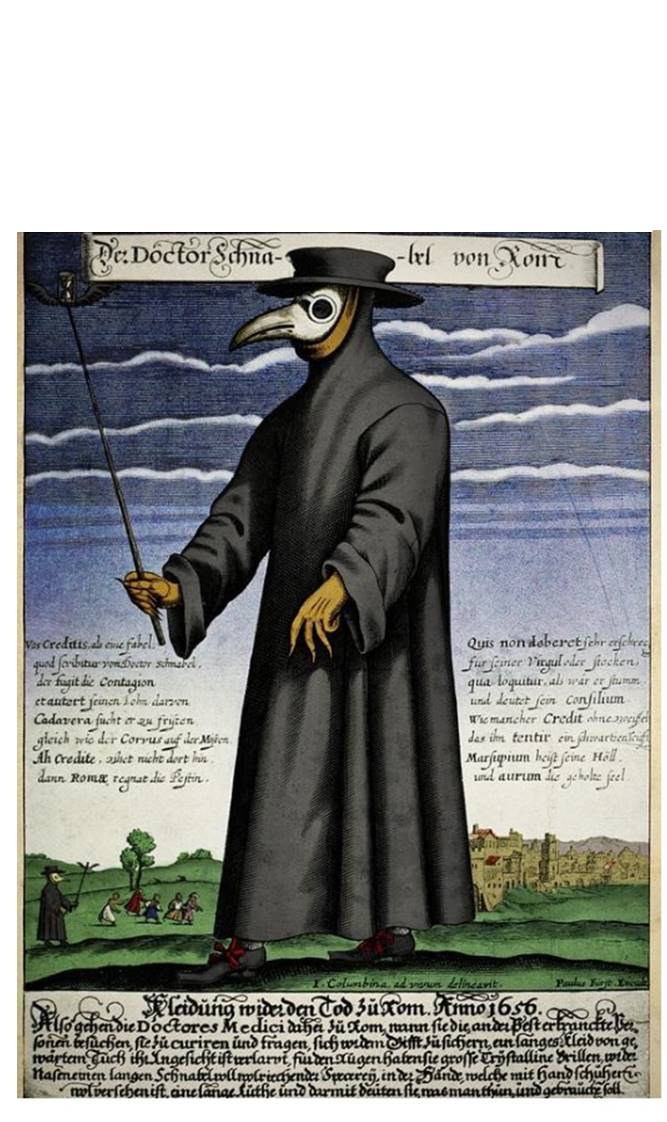Death of a legislator – The Electoral College process – What comes next? — Evening statistics
Another uneventful day on a personal level, but there are a few headlines worthy of note.
Dick Hinch was sworn in as Speaker of the House of the New Hampshire Legislature on December 2nd, but he died of the COVID virus on December 9th, just one week later. As has happened so often in the course of this pandemic, in this case it became fatal with extraordinary rapidity. It is not known for certain how he contracted it, but several have suggested that he attended a gathering of Republican legislators where no masks were used and social distancing was not observed. The New Hampshire legislature contains at least 60 members (out of 400 total) who have denounced the use of masks and who refuse to wear them. Not all Republicans in this legislature are so oblivious; several of them have repudiated the lax attitude of their colleagues while Governor Sununu, a Republican, has urged everyone to wear masks and scolded those “who are out there doing just the opposite just to make some bizarre political point.”
The Electoral College convenes tomorrow. There appears little doubt about the outcome; the question is what Trump and his supporters will do next. Trump did say on November 27th that he would concede if the Electoral College voted for Biden; and for those who place their reliance on such an assurance, I have a bridge in Brooklyn I’m offering for sale. It is possible for a senator and a congressman acting jointly to contest the vote count of an individual state. Representative Mo Brooks (a Republican from Alabama) has declared his intention of doing so, but at this point no senator has expressed any willingness to join him. If he does find a partner, the count would stop and the Senate and the House would separately debate the objection on the disputed state’s vote for up to two hours. Then the House and the Senate would vote on whether to sustain the objection. The approval of both houses would be needed for this purpose. Since the House of Representatives is under Democratic control and the Senate has a very narrow Republican majority, of whom several already loathe Trump in secret, the chances of this happening are virtually nil. There are only two cases of such objections even being mooted, once in 1969 over a “faithless elector” (one who failed to vote in accordance with the state’s voting results) and once in 2005 over voting irregularities in Ohio. Neither attempt was successful.
Living under the Trump regime is certainly an educational experience. I never bothered to find out much about the Electoral College process until now, since in the past it all went like clockwork in nearly every other election in which I participated. Even the debate occasioned by the voting in Florida in the 2000 election focused on various irregularities in a single state and did not call the electoral process as a whole into question.
Today’s statistics as of 8:00 PM – # of cases worldwide: 72,627,681 # of deaths worldwide: 1,618,486; # of cases U.S.: 16,735,332; # of deaths; U.S.: 306,451. Our case incidence rate is now just over 5% and the number of deaths is nearly 0.1%, about one in a thousand.
